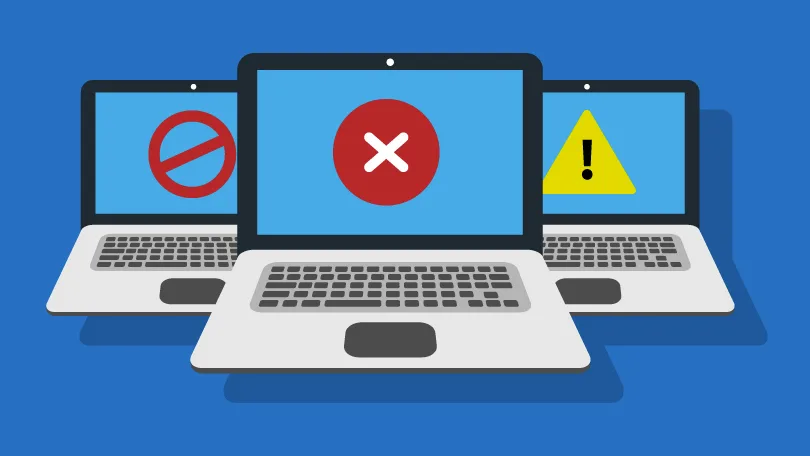Computer hanging, also known as system freeze or lock-up, is a frustrating and disruptive issue that affects users of all levels, from casual users to professionals. When a computer hangs, it becomes unresponsive, and the user is unable to interact with the system, often requiring a forced restart to regain functionality. Understanding the causes, symptoms, and solutions to computer hanging is essential for troubleshooting and resolving this common issue.
Causes of Computer Hanging:
Several factors can contribute to computer hanging, ranging from hardware malfunctions to software conflicts. Some common causes include:
- Insufficient RAM: When the computer runs out of available random-access memory (RAM), it may become overloaded, leading to system slowdowns or freezes.
- Overheating: Excessive heat buildup within the computer’s components, such as the CPU or GPU, can cause the system to freeze as a protective measure to prevent damage.
- Hardware Failure: Malfunctioning hardware components, such as a failing hard drive, faulty RAM modules, or a defective power supply, can lead to system instability and hanging.
- Software Issues: Incompatible or outdated device drivers, buggy software applications, or corrupted system files can cause the operating system to freeze or become unresponsive.
- Malware Infections: Viruses, spyware, or other forms of malware can disrupt system operations and cause the computer to hang or crash.
Symptoms of Computer Hanging:
Recognizing the symptoms of computer hanging is crucial for diagnosing the underlying issue and implementing the appropriate solutions. Common symptoms include:
- Freezing or Unresponsiveness: The computer becomes unresponsive to user input, and programs stop responding, often resulting in a frozen screen.
- Mouse and Keyboard Lock-Up: The mouse cursor freezes in place, and the keyboard becomes unresponsive, making it impossible to interact with the system.
- Audio or Video Stuttering: Audio and video playback may stutter or freeze, indicating a system-wide performance issue.
- System Error Messages: Occasionally, the system may display error messages or warnings before freezing, providing clues to the underlying cause.
Solutions to Computer Hanging:
Resolving computer hanging issues requires a systematic approach to identify and address the root cause. Some effective solutions include:
- Increase RAM: Adding more RAM to the computer can alleviate memory-related issues and improve overall system performance.
- Check for Overheating: Ensure proper airflow and ventilation within the computer case, clean dust buildup from fans and heat sinks, and consider installing additional cooling solutions if necessary.
- Perform Hardware Diagnostics: Use diagnostic tools to test the hardware components for errors or failures, such as the built-in Windows Memory Diagnostic tool or third-party software like MemTest86 for RAM testing.
- Update Device Drivers: Keep device drivers up to date to ensure compatibility with the operating system and prevent software conflicts. Use manufacturer-provided driver updates or trusted third-party software for driver management.
- Scan for Malware: Run a thorough antivirus or antimalware scan to detect and remove any malicious software that may be causing system instability.
- Check Disk for Errors: Use the built-in Windows Disk Check utility to scan for and repair file system errors on the hard drive or SSD.
- Perform System Restore: Roll back the system to a previous stable state using System Restore to undo recent changes that may have caused the hanging issue.
- Reinstall Operating System: As a last resort, reinstalling the operating system can resolve software-related issues and restore the system to a clean, stable state.
In conclusion, computer hanging is a common issue that can stem from various hardware and software-related factors. By understanding the causes, recognizing the symptoms, and implementing the appropriate solutions outlined above, users can effectively troubleshoot and resolve hanging issues to restore the stability and functionality of their computers. Regular maintenance, hardware upgrades, and software updates are essential practices for preventing and mitigating computer hanging in the long term.


